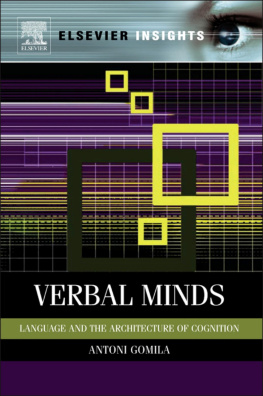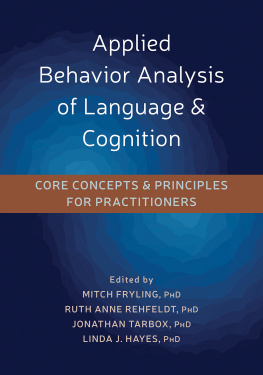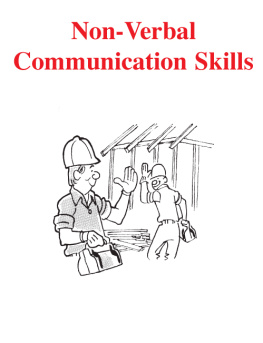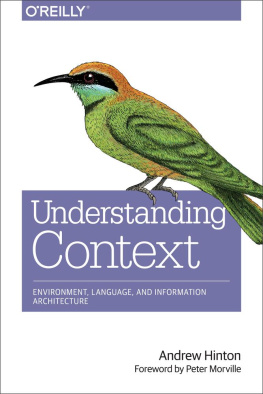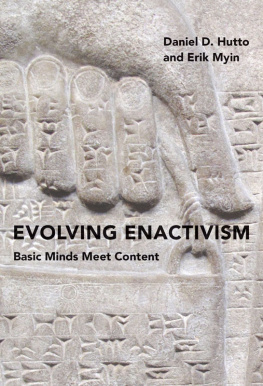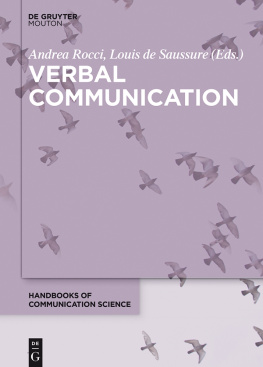Copyright
Elsevier
32 Jamestown Road, London NW1 7BY
225 Wyman Street, Waltham, MA 02451, USA
First edition 2012
Copyright 2012 Elsevier Inc. All rights reserved
No part of this publication may be reproduced or transmitted in any form or by any means, electronic or mechanical, including photocopying, recording, or any information storage and retrieval system, without permission in writing from the publisher. Details on how to seek permission, further information about the Publishers permissions policies and our arrangement with organizations such as the Copyright Clearance Center and the Copyright Licensing Agency, can be found at our website: www.elsevier.com/permissions.
This book and the individual contributions contained in it are protected under copyright by the Publisher (other than as may be noted herein).
Notices
Knowledge and best practice in this field are constantly changing. As new research and experience broaden our understanding, changes in research methods, professional practices, or medical treatment may become necessary.
Practitioners and researchers must always rely on their own experience and knowledge in evaluating and using any information, methods, compounds, or experiments described herein. In using such information or methods they should be mindful of their own safety and the safety of others, including parties for whom they have a professional responsibility.
To the fullest extent of the law, neither the Publisher nor the authors, contributors, or editors, assume any liability for any injury and/or damage to persons or property as a matter of products liability, negligence or otherwise, or from any use or operation of any methods, products, instructions, or ideas contained in the material herein.
British Library Cataloguing-in-Publication Data
A catalogue record for this book is available from the British Library
Library of Congress Cataloging-in-Publication Data
A catalog record for this book is available from the Library of Congress
ISBN: 978-0-12-385200-7
For information on all Elsevier publications visit our website at elsevierdirect.com
This book has been manufactured using Print On Demand technology. Each copy is produced to order and is limited to black ink. The online version of this book will show color figures where appropriate.
Acknowledgments
Research for this book has been carried out throughout the last decade for the postgraduate course Relationships Between Language and Thought. Ive been teaching it within the Human Evolution and Cognition program of the University of the Balearic Islands for the last couple of years. I want to thank my students for their patience and interest and for the opportunities for discussion they provided. I also want to thank the School of Psychology of the University of St. Andrewsand especially Juan Carlos Gmezfor its hospitality during the second half of academic year 20082009. The sabbatical support from the Spanish Ministerio de Ciencia e Innovacin made it possible for me to prepare a first draft of this work while at St. Andrews. The Ministerio has also supported my related research in different projects throughout the years, but mention of the ongoing projects is required: FFI2010-20759 and FFI2009-13416-C02-01. I also acknowledge the support of the University of the Balearic Islands, whichthrough its program of research intensificationmade a partial reduction of teaching duties possible to provide me with more time to work on this book. Special thanks go to Spanish friends also interested in this subject matter, who have provided stimulation and the occasion for discussion: Mara Nez and Juan C. Gmez; Agustn Vicente and Fernando Martnez Manrique; Julio Santiago, Javier Valenzuela, Alberto Rosa, and Juan Daniel Ramrez; Jos E. Garca-Albea, Manuel de Vega, Pedro Chamizo, and Juan Jos Acero; Jess Vega and Fernando Broncano. I would also like to thank Josep Call, Ellen Bialystok, Peter Carruthers, Andy Clark, and Dedre Gentner for accepting invitations for workshops or talks in Mallorca or other places in Spain on related topics. A final word of heartfelt appreciation goes to Jerry Fodor, without whom my academic career would not have been possible, even if we couldnt always agree. The warm firmness of Lisa Tickner, my editor at Elsevier, proved crucial to the completion of this work. I also want to apologize to my family for all of the walks, ping pong matches, jogging sessions, and beach parties missed. It is to them that I dedicate this book.
1. Introduction
Language as the Key Factor to Human Singularity
The issue of the influence of language on thought is introduced in the context of the search for the key to our uniqueness. The main features are flexibility and cognitive control. The hypothesis that these features have something to do with the fact that we have verbal minds deserves attention. The last decade has seen an explosion of empirical research in this direction. Our goal in this monograph, then, is triple: (a) to set apart the different ways that the relationship between language and cognition has been conceived; (b) to review the multiple evidence amassed in recent years on this relationship; and (c) to try to adjudicate which of the multiple ways to conceive of the relationship best accounts for the facts. We will argue for a dual architecture of the human mind, with the higher processes as distinctive of verbal minds.
Keywords
Cognitive architecture, verbal minds, cognitive control, flexibility, language
The natural human interest in self-understanding has traditionally pointed to language as the most distinctive human trait. Many other features are also uniquely human. Some are anatomical: a big brain in proportion to the body, a lack of a tail, and a larynx with special phonetic capabilities. Some traits involve distinctive activities: religion, mathematics, art, and sport, for example. However, when it comes to making sense of human singularity, it seems that many of those specificities are not basic, but they became possible through achievement of more basic ones, such as language.
Of the several features uniquely human, then, language has been most consistently chosen as the key to understanding the human mind and to providing the building blocks necessary for achieving other specificities in human cognition: abstract/propositional thought, recursivity, decoupling of current situation, creativity, and conscious control (Chomsky, 1988; ). Maybe the influence of language depends in its turn on a more basic structural novelty that makes both human language and thought possible (Penn et al., 2007). Human cognition is characterized by its flexibility and creativity, which gives rise to, and is molded by, cultural diversity. Cultural diversity, in its turn, feeds back into cognitive diversity through the socialization process that takes place during the long period of human development. Language, as a symbolic system of communication and also of representation, is thought to play a critical role in making possible this interplay of individuality and sociality.
 AMSTERDAM BOSTON HEIDELBERG LONDON NEW YORK OXFORD PARIS SAN DIEGO SAN FRANCISCO SINGAPORE SYDNEY TOKYO
AMSTERDAM BOSTON HEIDELBERG LONDON NEW YORK OXFORD PARIS SAN DIEGO SAN FRANCISCO SINGAPORE SYDNEY TOKYO

